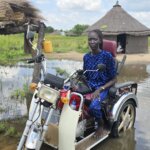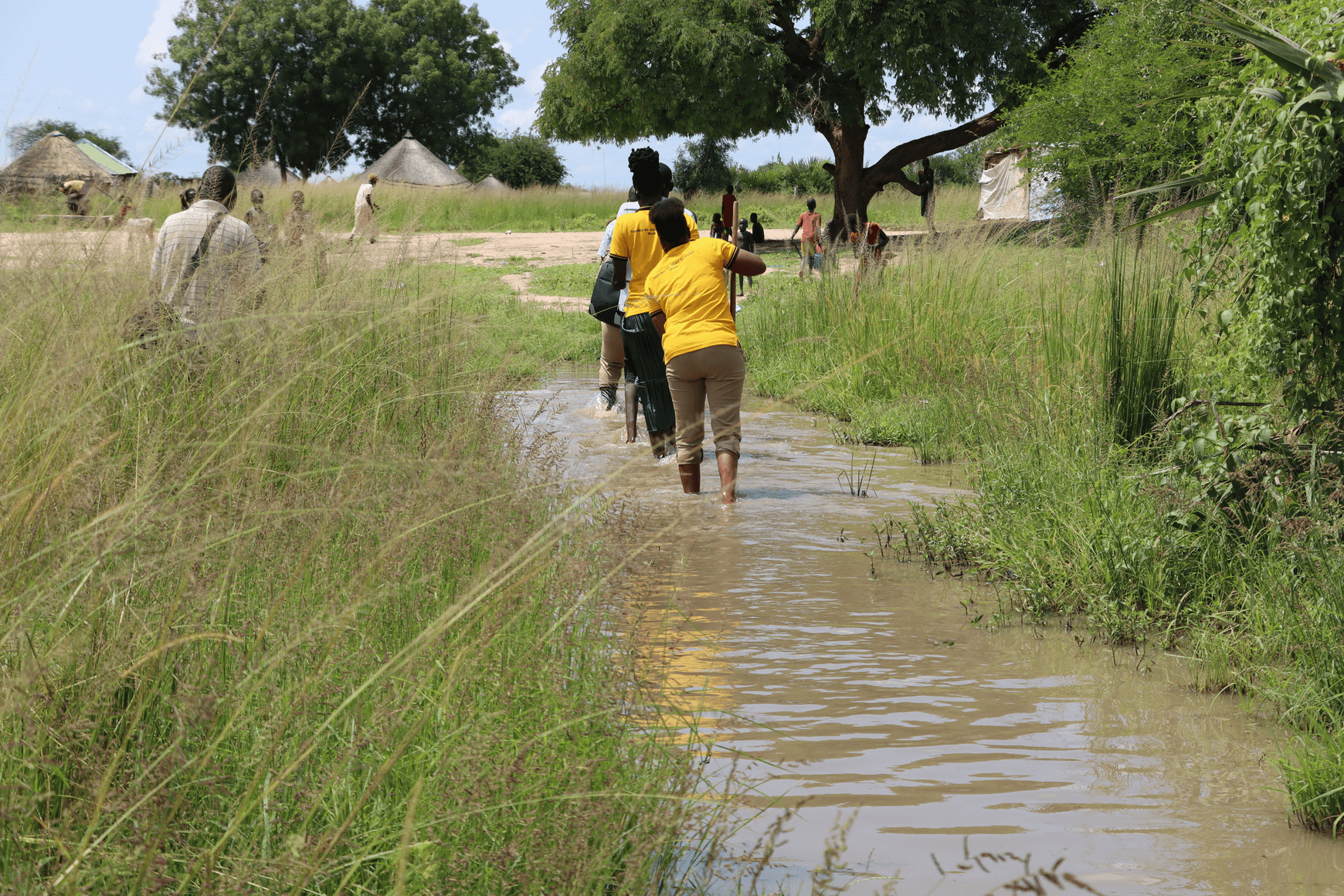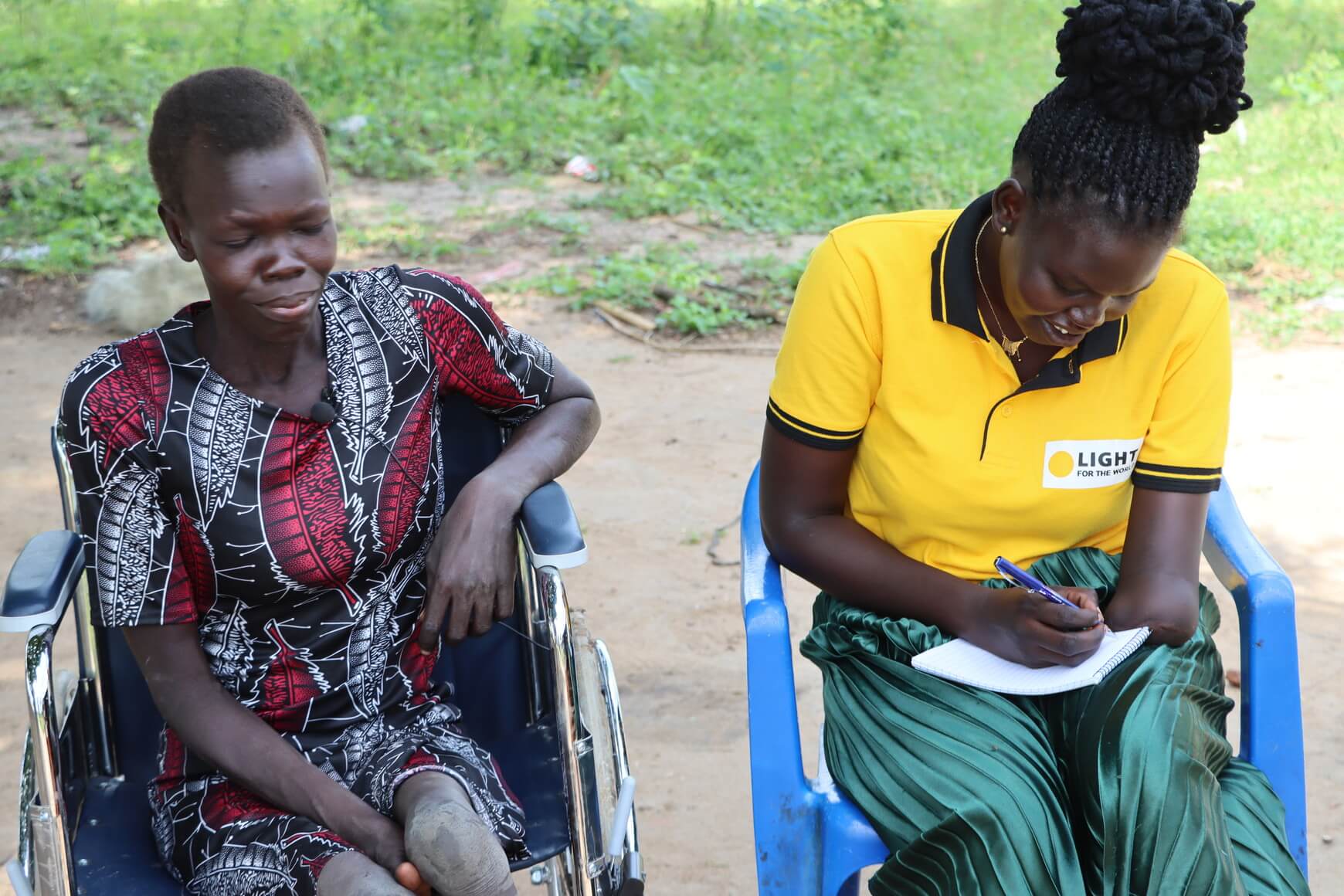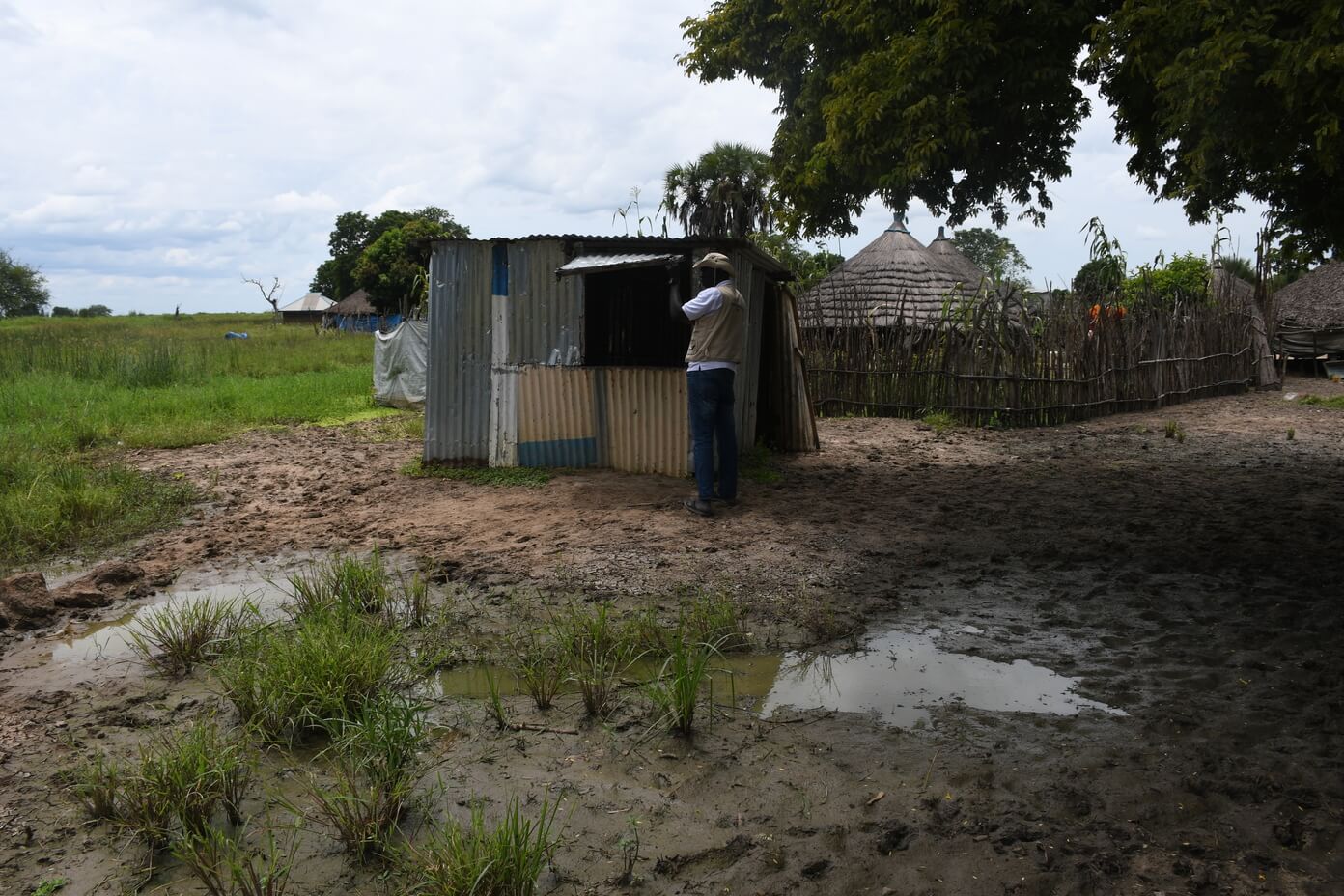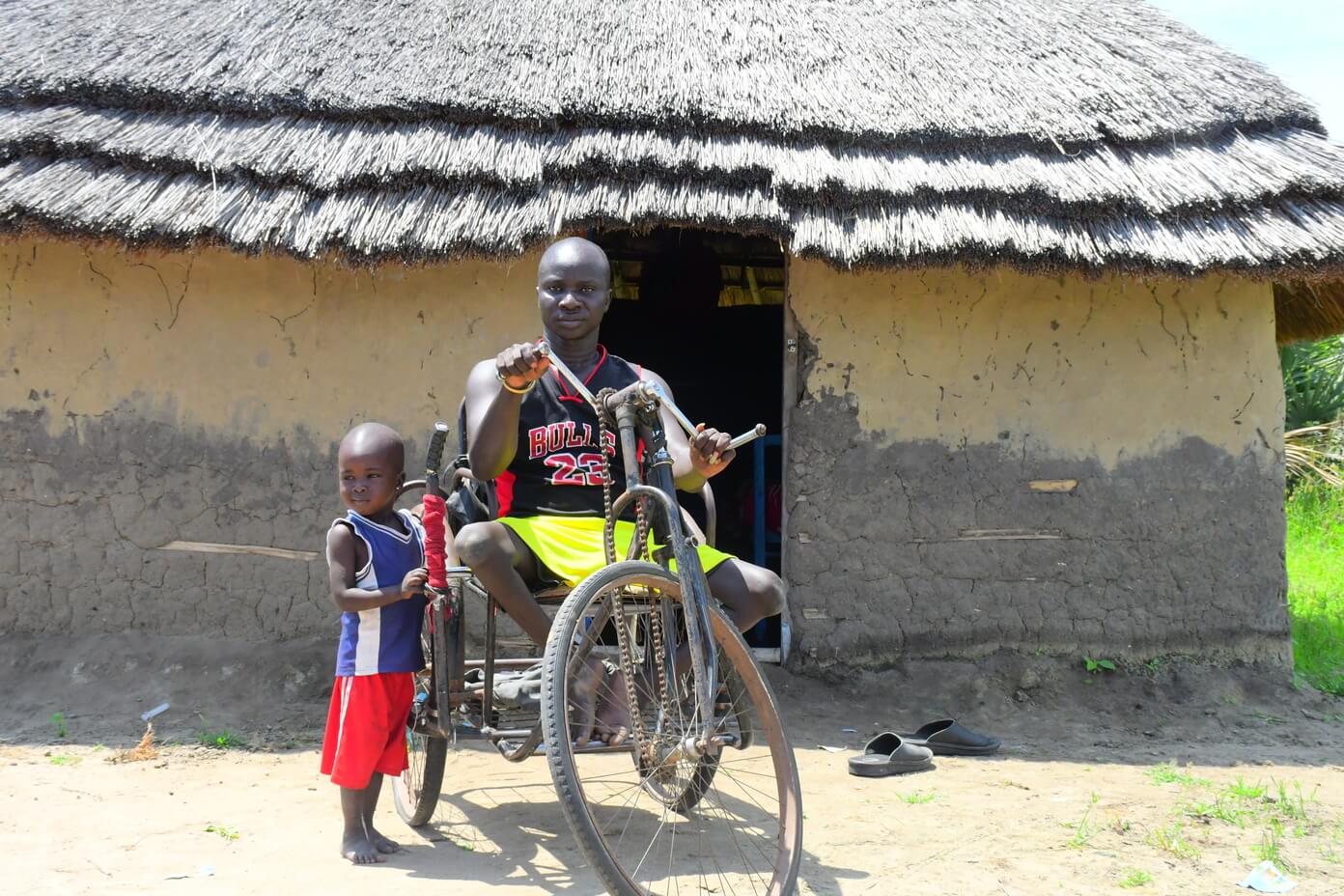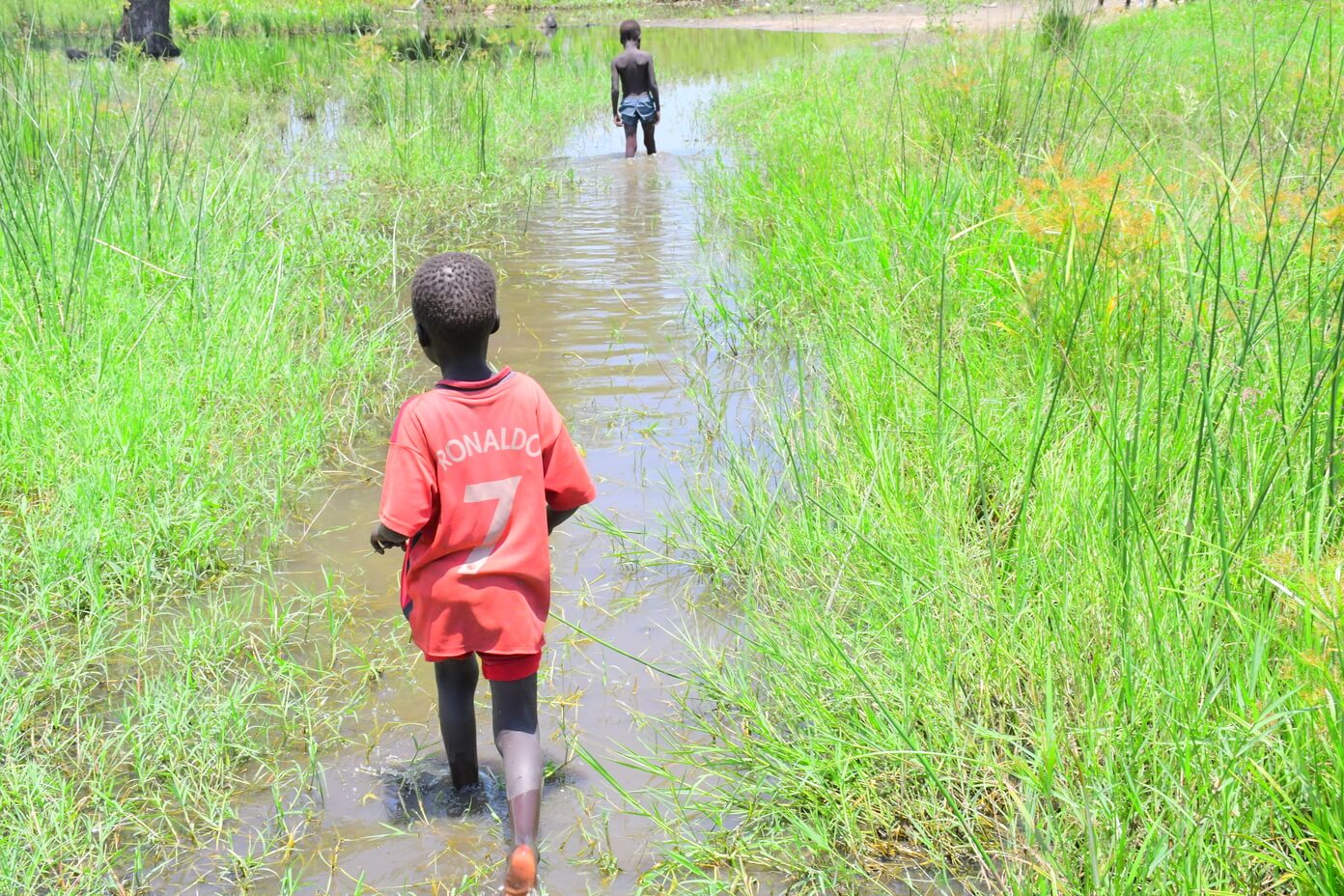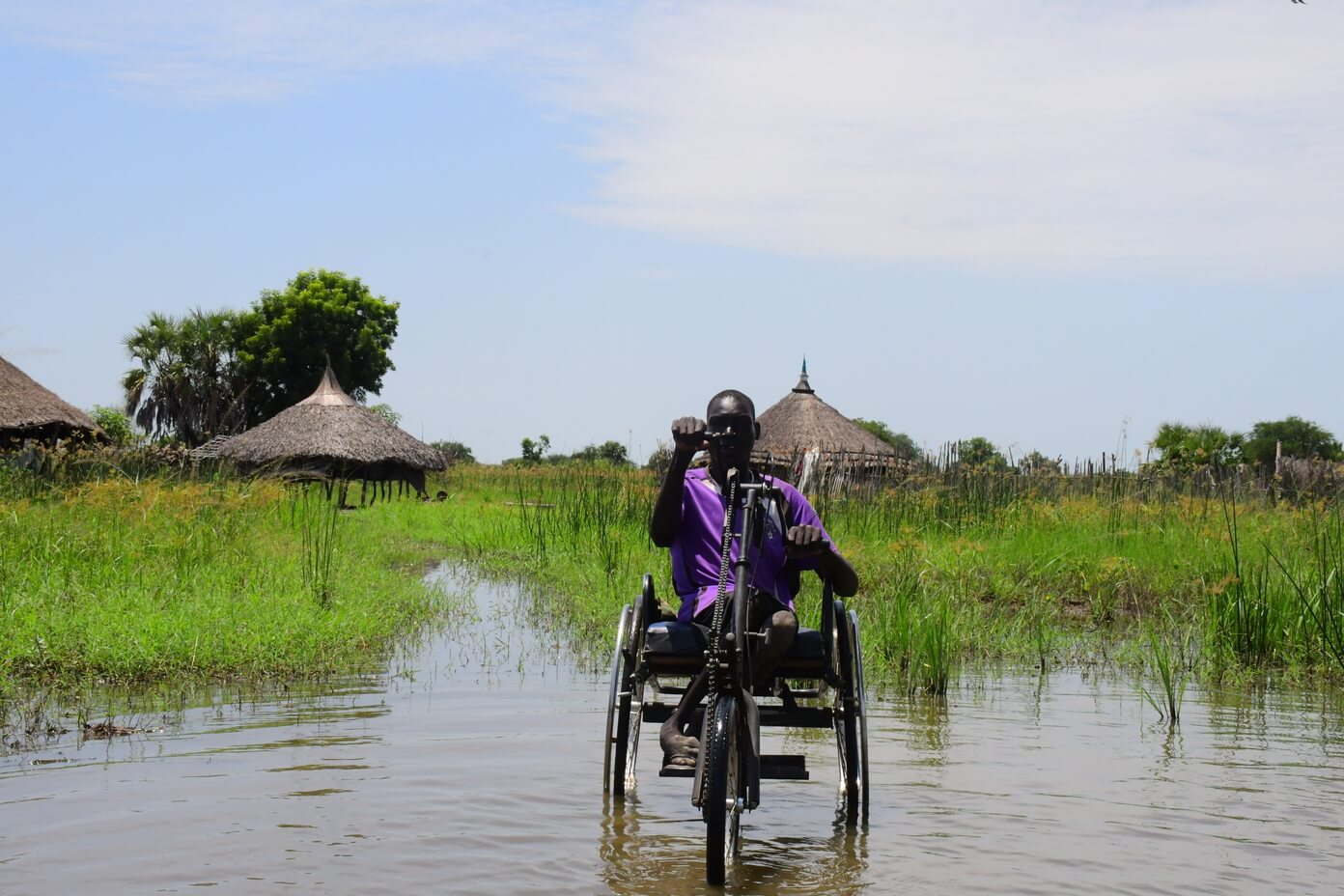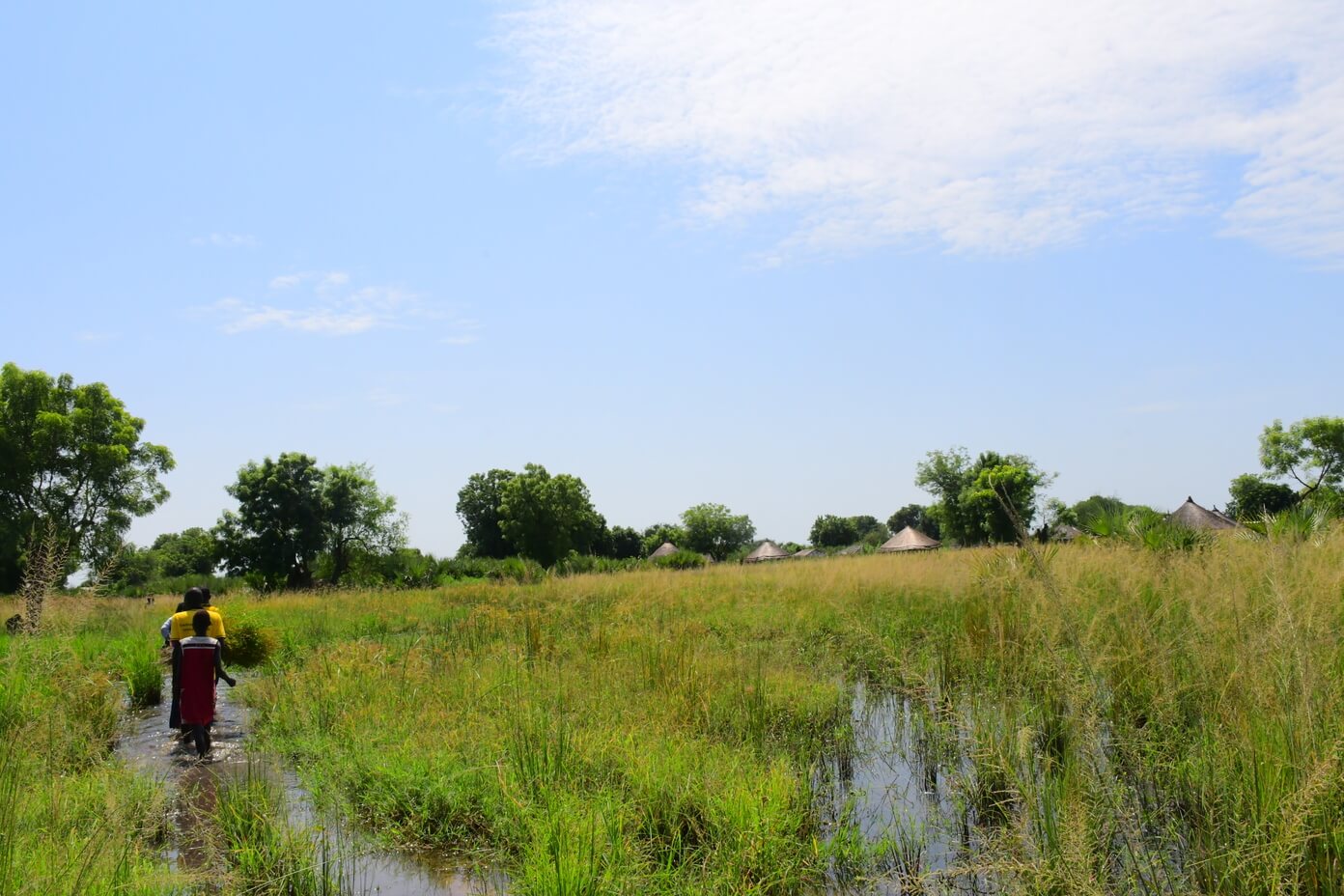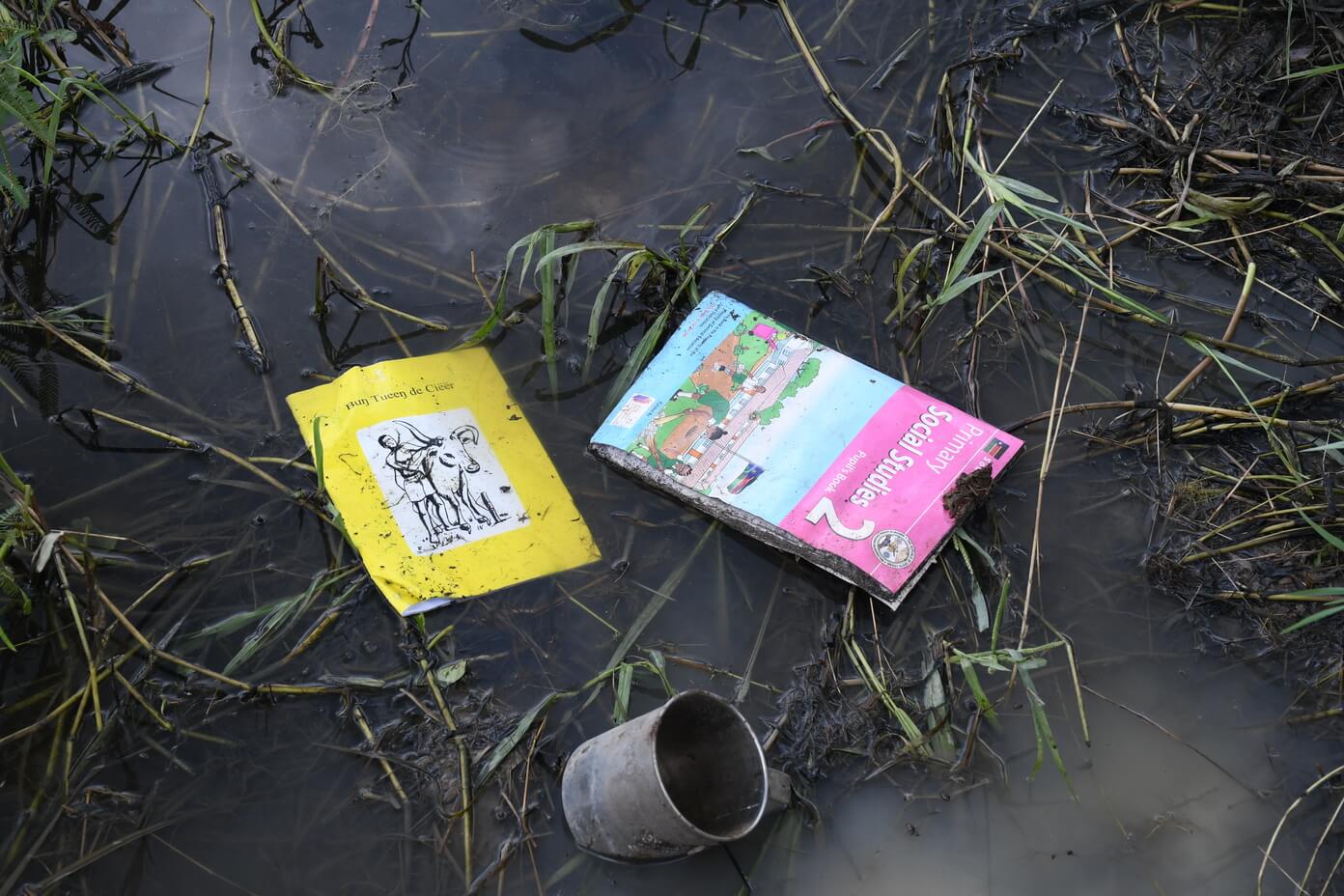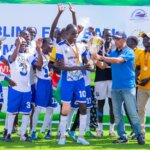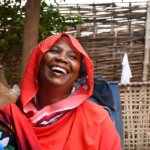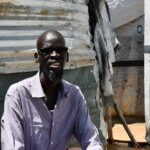- Humanitarian Action
The emergency has already affected 1 million people, with more than 270,000 forced to leave their homes.
People with disabilities in South Sudan are among the hardest hit as the country faces flooding on a scale “unprecedented in the last century”.
The United Nations projects 3.3 million people will be impacted by the end of 2024, which will drive parts of the country to the brink of famine.
South Sudan has the world’s lowest level of coping capacity to manage climate-induced disasters.
Disproportionate impact of climate-induced disasters on people with disabilities
When climate disasters strike, people with disabilities are more likely to die than those without disabilities, be injured and suffer property damage.
Thirty-nine per cent of people with disabilities have a lot of difficulty or cannot evacuate during a sudden disaster, according to the UN’s flagship 2024 report on disability. More than one in four (28 per cent) need to evacuate but have no one to assist them.
A UN survey revealed “unacceptable failures” to protect people with disabilities from disasters. It found 84% of people with disabilities do not have a personal plan to prepare for disasters.
Supporting people with disabilities in South Sudan floods
Light for the World is supporting people with disabilities in the floods and to prepare for future climate disasters.
Disability Inclusion Facilitators (DIFs) are working with people with disabilities in Jonglei State — one of the areas most affected by flooding — to ensure they are not left behind.
DIFs have advised on how to evacuate to safe spaces. They have also provided mobility devices, including wheelchairs, tricycles, walking sticks and white canes. Several temporary shelters are being made accessible for people with disabilities.
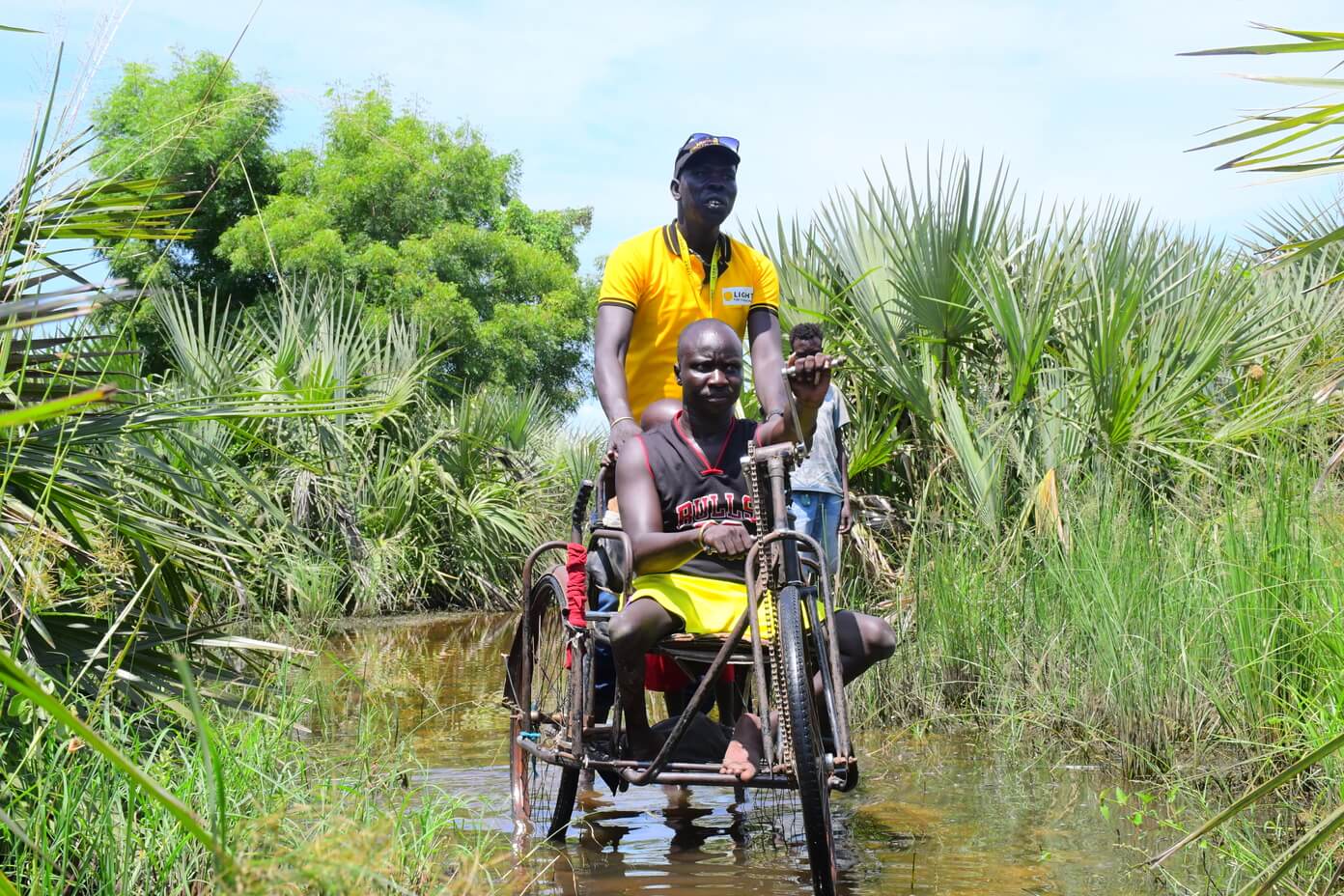
Psychosocial support is provided and those likely to be affected by the floods are also connected with partner organisations for additional support.
Community leaders, local government representatives, teachers and other humanitarian organisations are being trained in how to support people with disabilities and provide accessible information in an emergency. For example, providing public information about the floods in large print and with images, posted in accessible locations.
Ayuen (pictured in the image carousel above), a farmer and church leader, was previously given a tricycle by Light for the World but finds it hard to use in the flood water.
“My movement is limited as most of the roads are filled with water,” he says.
“My house is originally in Gak village, which is completely taken by water now. The place I’m staying in right now was offered to me by my cousin.
“During the evacuations, I always make sure my wife takes my children to high ground while I stay home to keep our things from getting lost.”
Ayen is a mother of six. Three of her children have disabilities.
She received business management training and financing from Light for the World to start a small business selling groundnuts (peanuts). But, after her store was flooded, she struggles to sell as much from home.
“There are no customers here,” Ayen says.
“When my husband was alive, he used to help me take care of the kids, but when he passed away in 2005, the weight became too much on me.
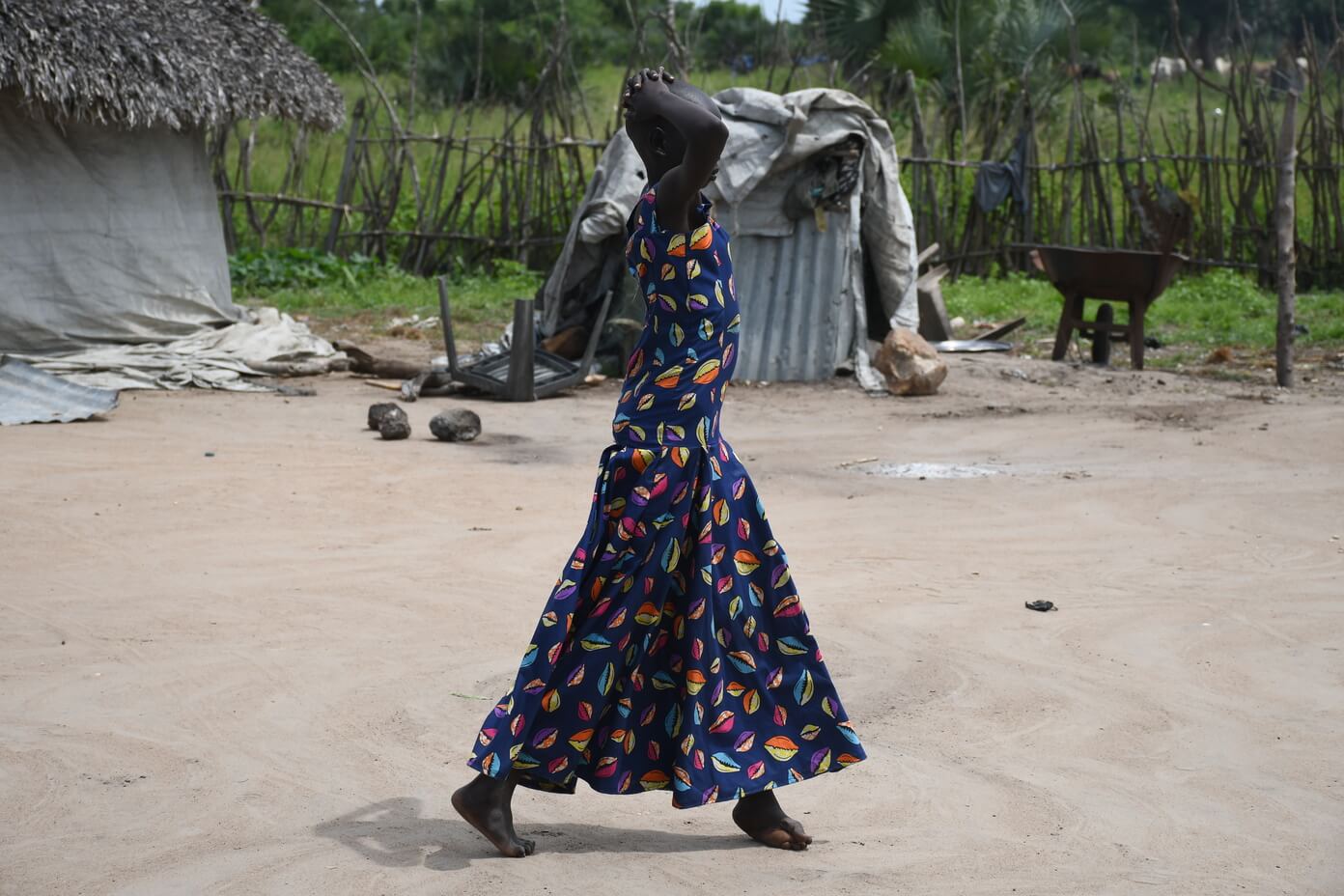
“Although the neighbours are always there to support, it becomes hard for me to evacuate. We are always the last to leave the area. Even relatives and neighbours only come to help us when they move all of their things to high ground.”
DIFs regularly visit Ayen and other parents of children with disabilities, as well as people with disabilities in three payams (administrative regions) in Bor.
Preparing for future climate disasters
Ayen and other parents of children with disabilities, community leaders and local government officials recently received training focused on disaster preparedness and building resilience.
Part of the We Are Able project, the training will ensure people with disabilities are better prepared to adapt and respond to future climate crisis-related disasters.
Athiei John, a DIF in Jonglei State, says: “We have been experiencing many challenges due to floods. But now, with the knowledge we’ve gained, we can plan with our stakeholders and raise awareness in the community about disaster risk management, especially for people with disabilities.”
Sophia Mohammed, Country Director at Light for the World South Sudan, says: “The floods are already having a devastating impact and people with disabilities face a nightmare scenario.
“They have multiple challenges, including inaccessible roads preventing movement to higher ground, the risk of disease from flood water, poisonous snake bites and a lack of accessible information.
“In the emergency response to this crisis, we must ensure people with disabilities are not left behind. Information about emergency assistance should be communicated in accessible formats, including sign language, and camps for Internally Displaced People (IDPs) must have accessible washrooms and roads. All humanitarian assistance must be available to everyone.
“The estimated 1.2 million people with disabilities in South Sudan are often invisible when crises like this hit. We strongly urge the international community to remember and support them through this unimaginably difficult time.”
